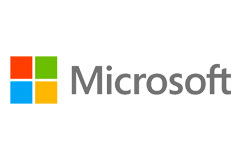What is On-Page SEO?
On-page SEO refers to the actions taken by marketers and webmasters to optimize individual webpages, including copy and HTML. It’s a cornerstone of all SEO success. By making adjustments to on-page elements, companies can increase their chances for ranking for keywords, generating more organic traffic and making their site more friendly to both users and search engine algorithms.
Why You Need On-Page SEO
On-page SEO improves your online visibility, making it easier for searchers to find your content and for algorithms to crawl and index your pages.
Depending on your business model and its current marketing capabilities, search engine traffic may comprise 50-90% of all traffic to your site. In other words, on-page SEO helps get you in front of 50-90% of your prospects.
On-page SEO can also be a key competitive differentiator in your industry. As traditional companies rely on legacy marketing tactics — business cards, handshake agreements, print advertising, etc. — you can use on-page SEO to reach a modern audience in an extremely efficient and cost-effective way.
Because organic SEO is an ongoing, long-term investment, making it a core function of your digital marketing strategy is best practice. Algorithms change, customer demands evolve — SEO allows you to quickly keep pace with these transformations so that your company is ever-present and ever-agile.
The Difference Between On-Page and Off-Page SEO
Every sub-discipline of SEO is recommended. The two main branches consist of on-page and off-page SEO.
Off-page SEO are the external, off-domain optimization actions you take such as backlink building, whereas on-page SEO occurs on-site, such as a page optimization to improve the chances of ranking for a specific keyword.









